
Every year, Hollywood creates a handful of culturally significant movies that captivate a wide audience and sweep us away on what can be described as a cultural wave. Recently, I’ve taken to rewatching those films that had a lasting impact on me. Rewatching, but not re-experiencing. Rather, I’m sharing them with my sons.
For me, rewatching is not simply the act of “watching again.” By default, rewatching bypasses the hype and hoopla of a new release. All that remains is the actual film. There is no cultural wave to sweep us away but something more meaningful is left in its place.
I want to share those feelings with my sons and I hope they will feel something, too. I watch the screen with one eye, the other eye on my boys, to see their reactions to powerful moments in the story. You get only one chance to see your kid’s face when he finds out Darth Vader is Luke’s father.
“Game of Thrones” is one of the most popular shows in television history. It is also one of the most intense, and you can watch videos of people’s reactions to scenes from the show on YouTube. Those who had read the “Game of Thrones” books were ready for these moments and used their phones to record their friends’ and family’s reactions to them on the screen. Uploading these videos to YouTube helped propel the “Game of Thrones” phenomenon. The show pushes our most sensitive, emotional buttons and arouses our most primal feelings.
You get only one chance to see your kid’s face when he finds out Darth Vader is Luke’s father.
James Cameron’s “Titanic” was a cultural tsunami. It was big and beautiful, sad and spectacular, and infinitely rewatchable. Some teens saw the film dozens of times. They went not only to rewatch the movie but to watch others watching it for the first time.
Sharing feelings with words is clumsy. Sharing experiences that create those feelings is Divine, and it’s this idea that explains Jewish holiday rituals.
We weren’t there for the original cultural mile markers. We weren’t liberated from bondage by Moses; we weren’t present when God split the sea; we weren’t imperiled by Haman’s xenophobia; and we weren’t saved by Esther’s heroism. But those who were there shared their stories with their children so they could feel the same thing as their parents.
That is why we retell our stories and why our holiday rituals are so important.
Judaism does not live in the past. It is the past that lives in us.
Eli Fink is a rabbi, writer and managing supervisor at the Jewish Journal.







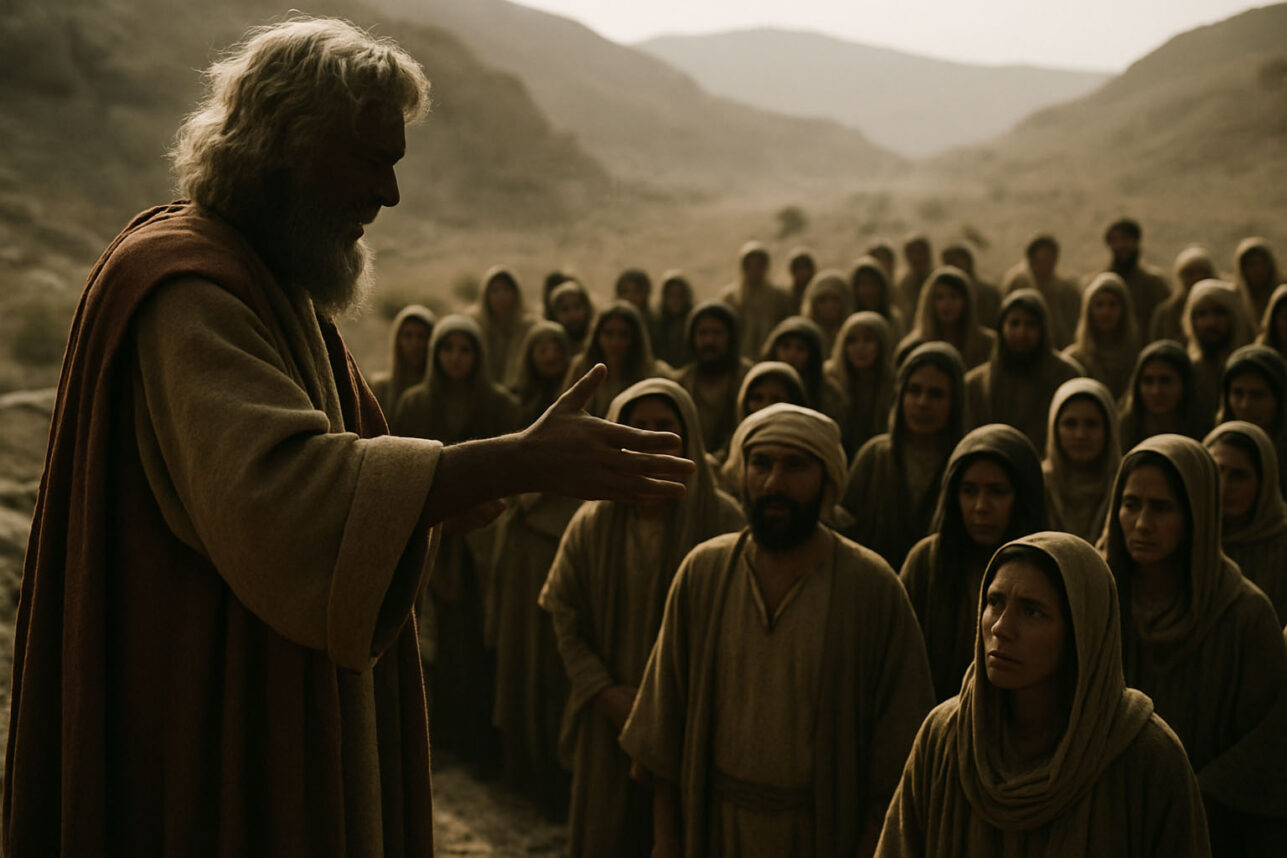











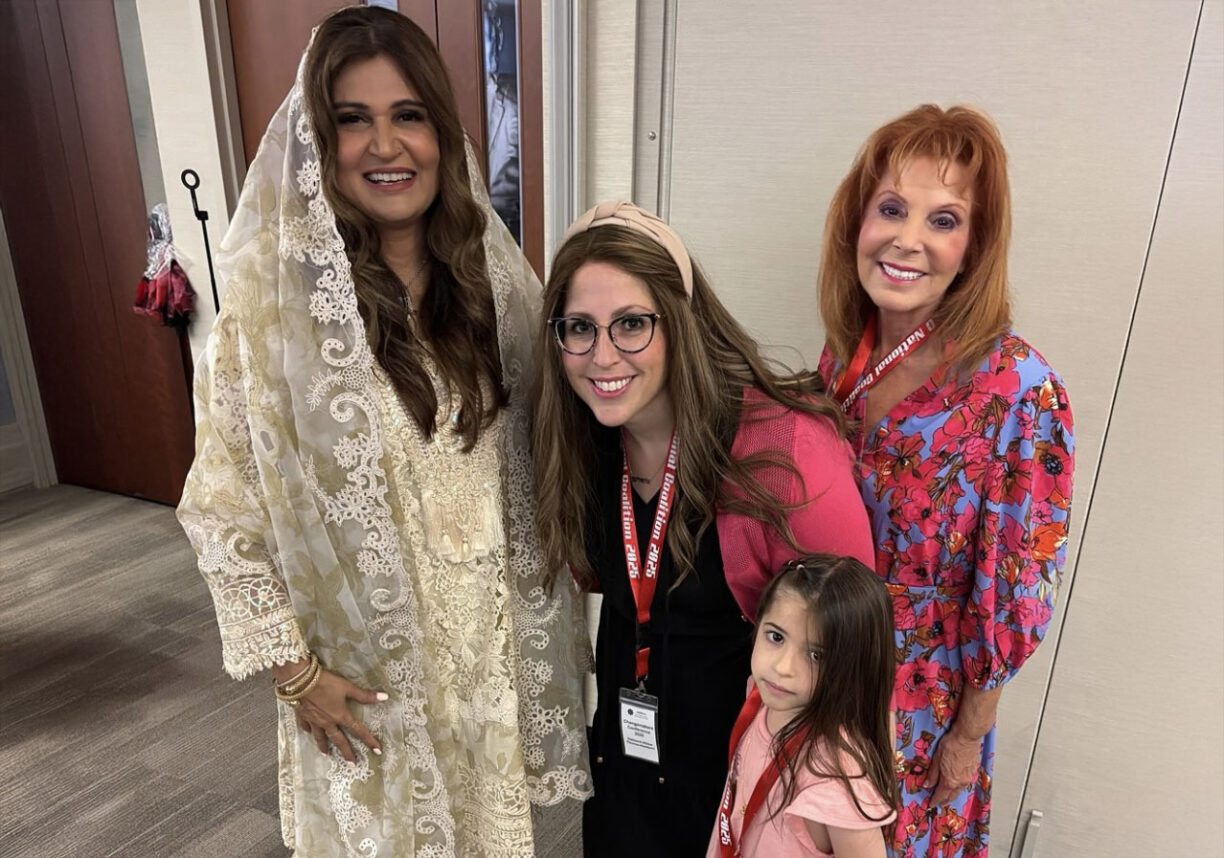
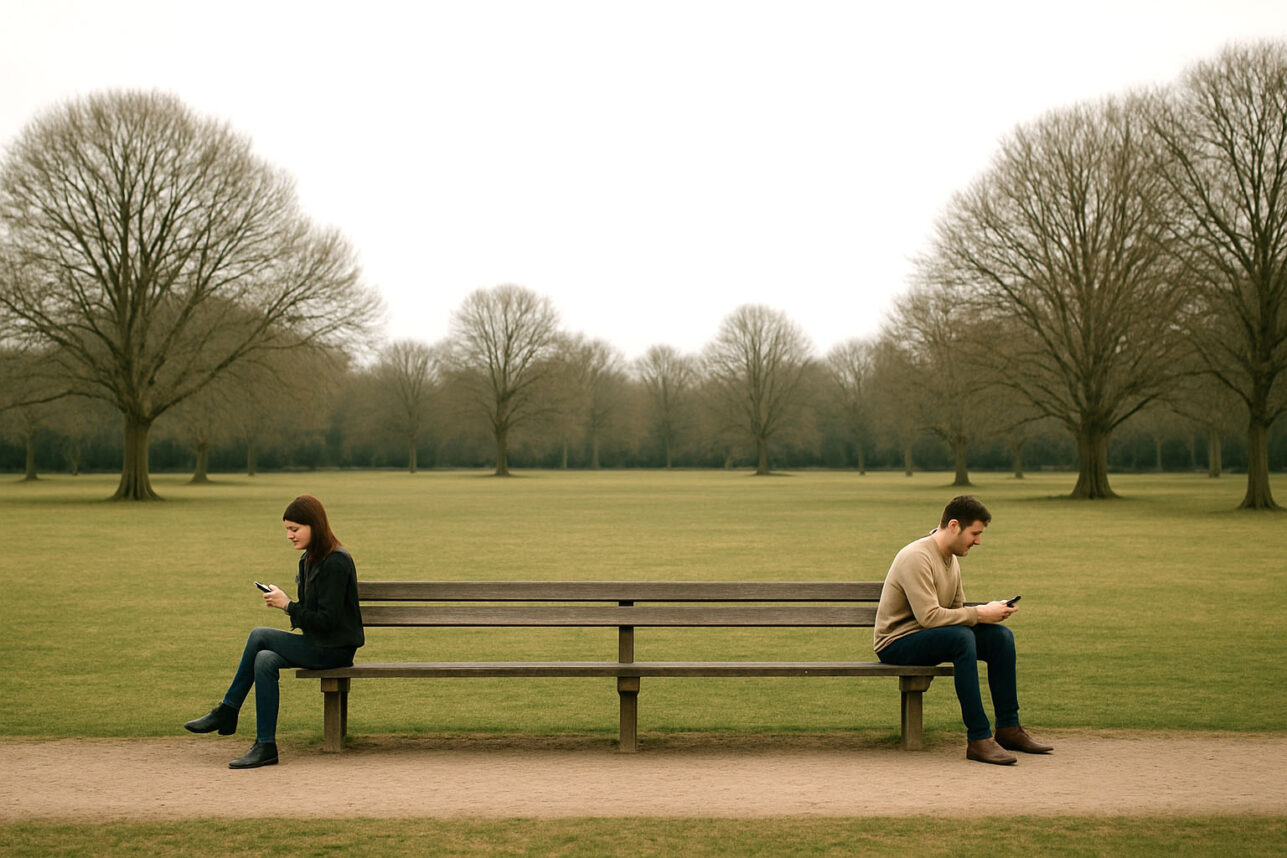
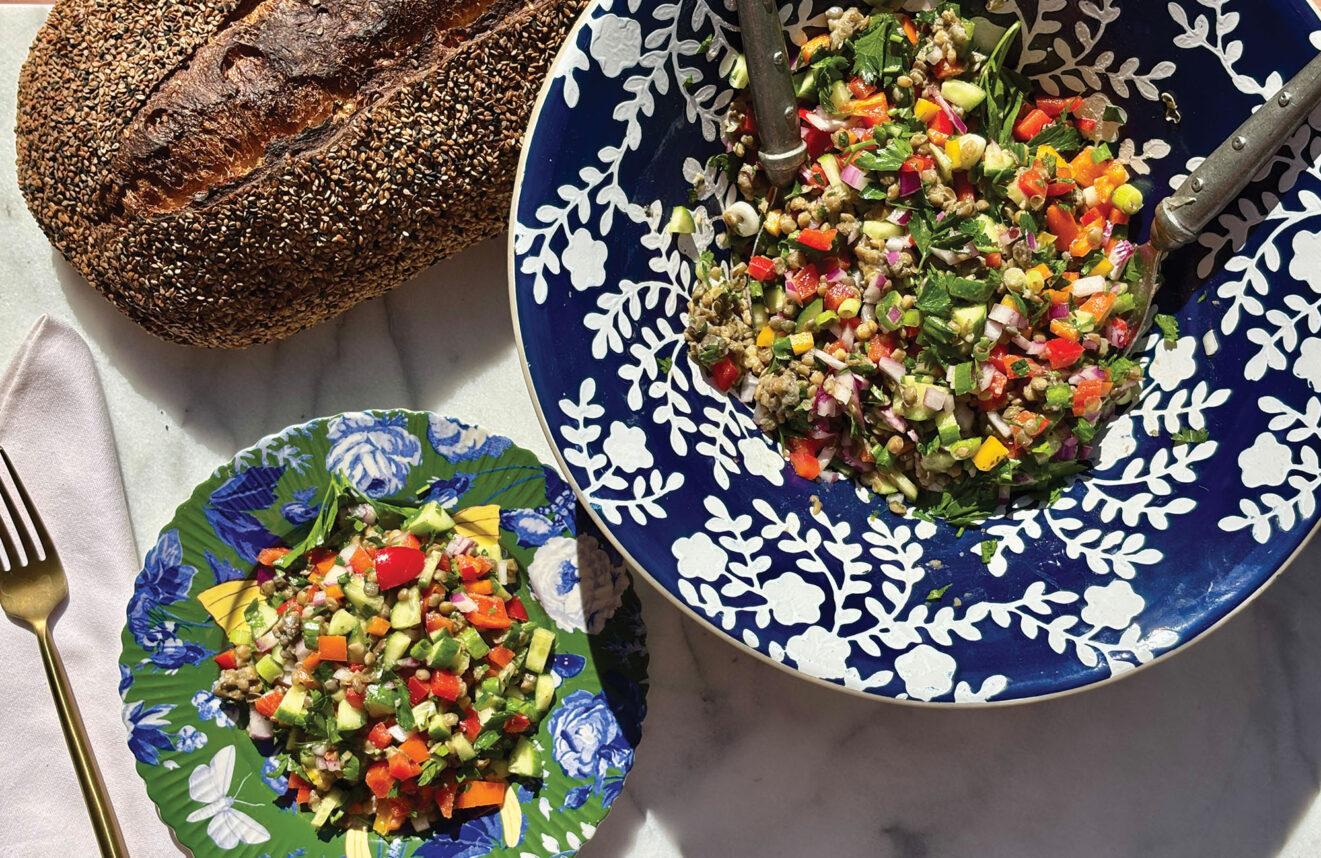
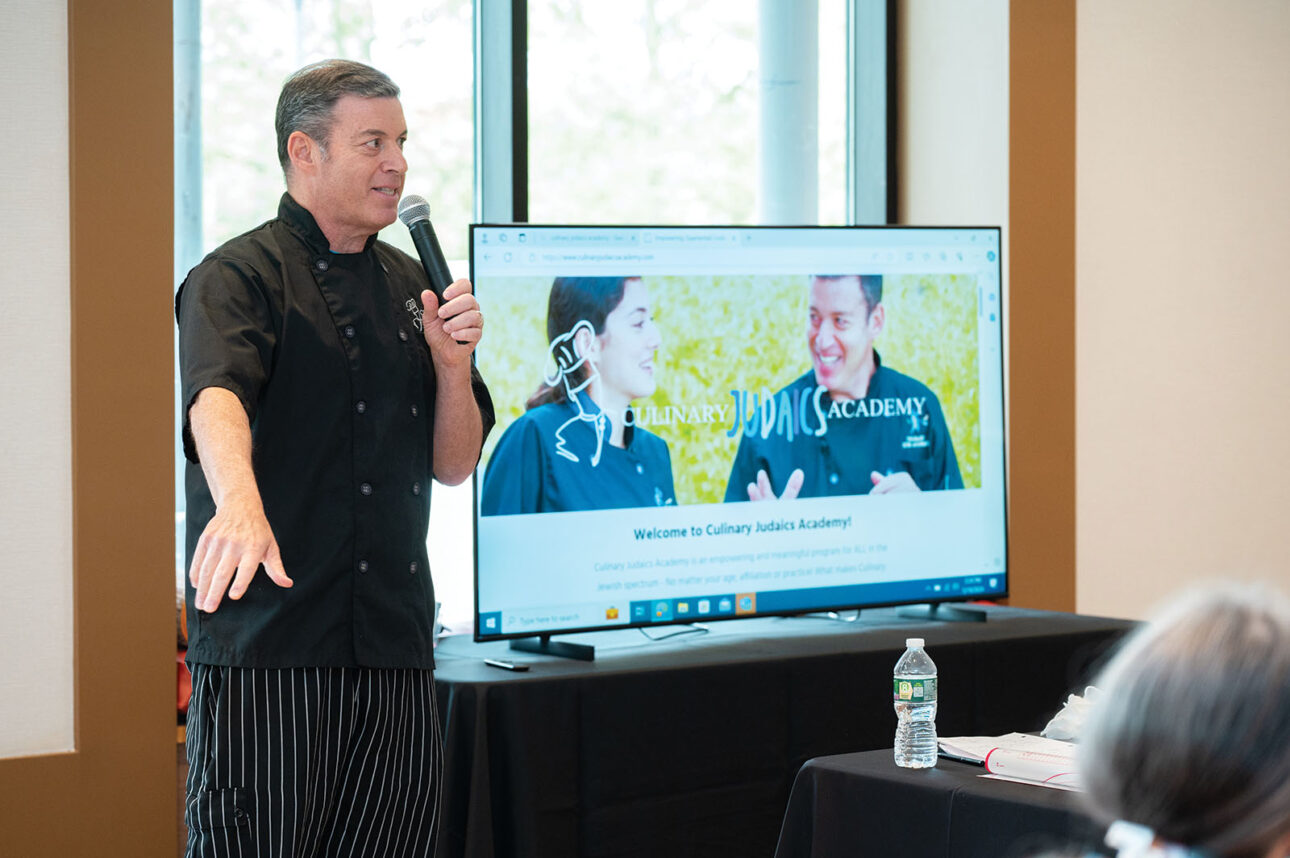
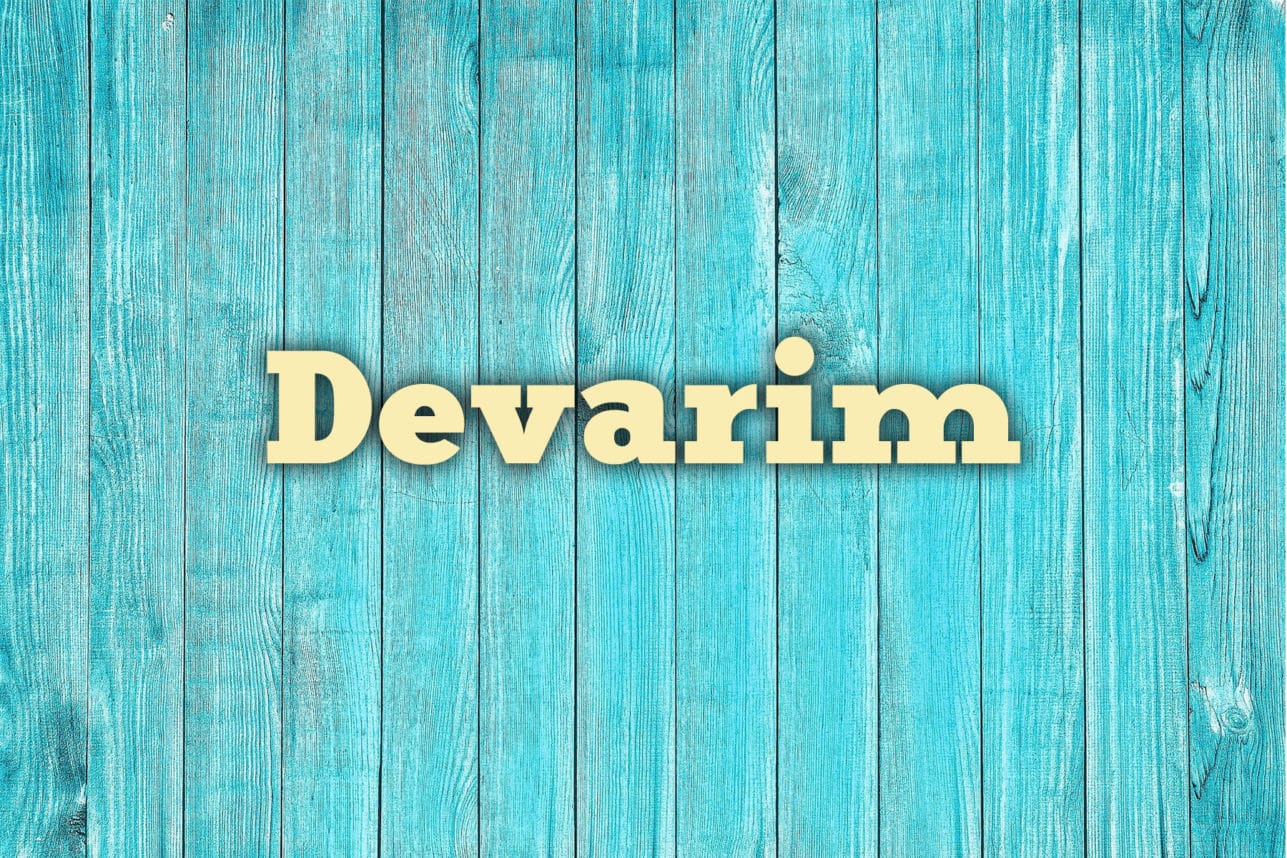




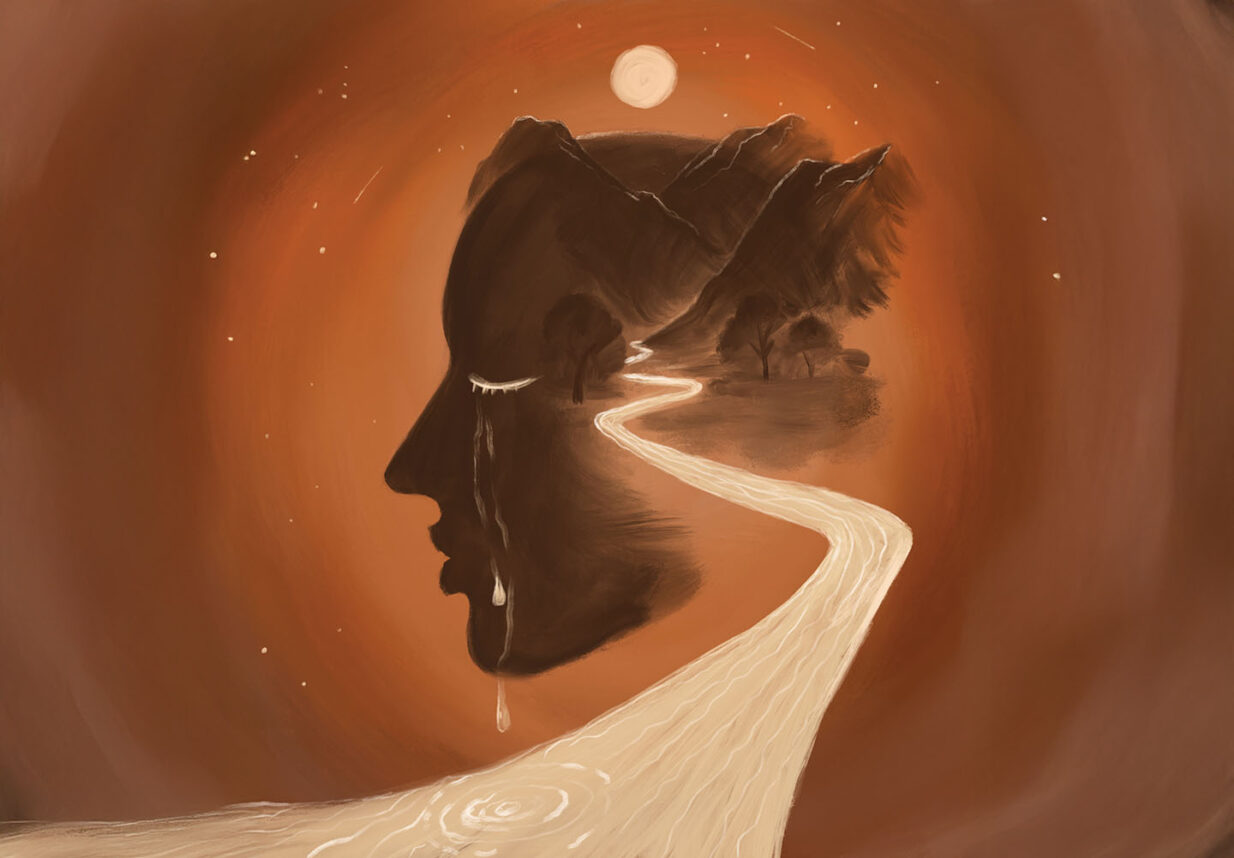
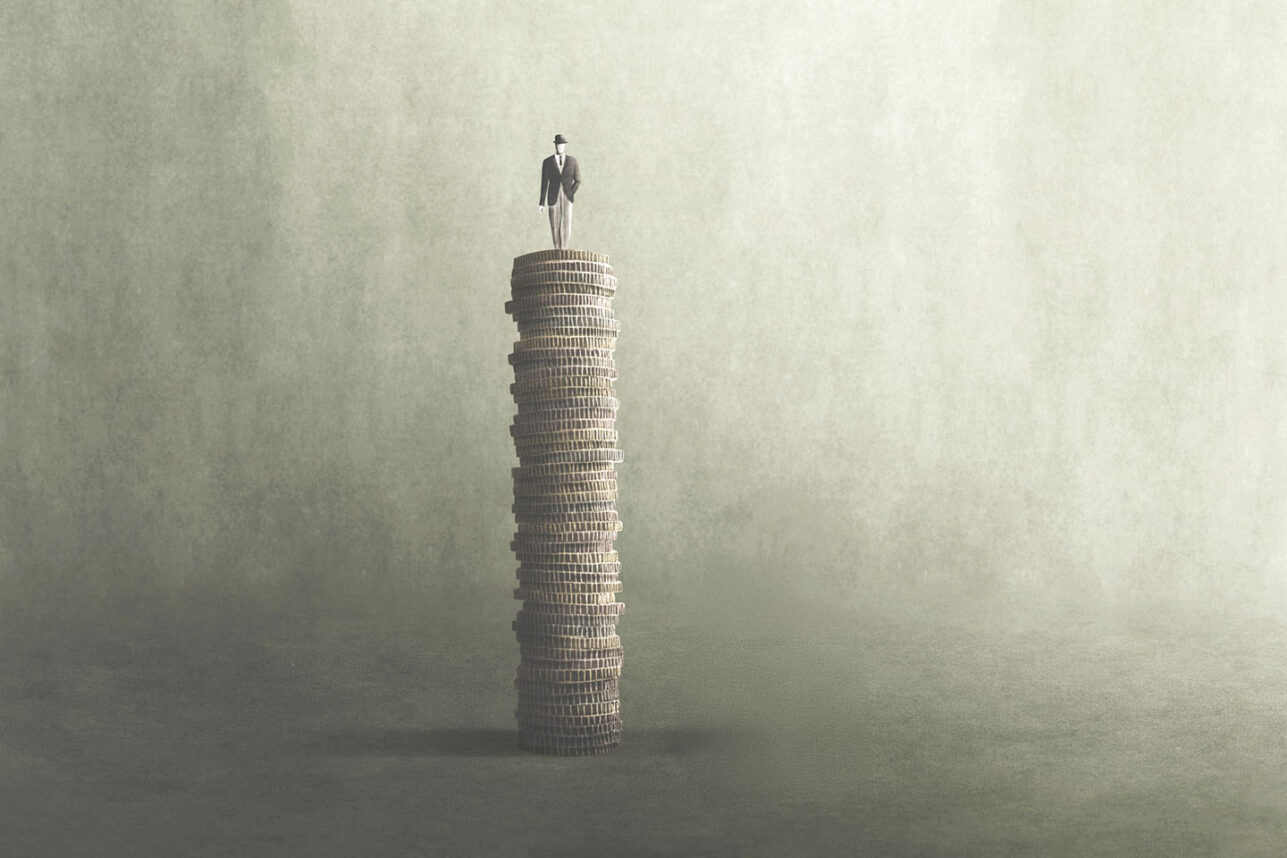



 More news and opinions than at a Shabbat dinner, right in your inbox.
More news and opinions than at a Shabbat dinner, right in your inbox.